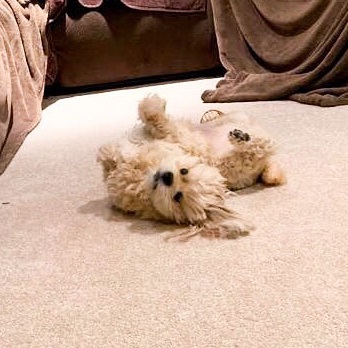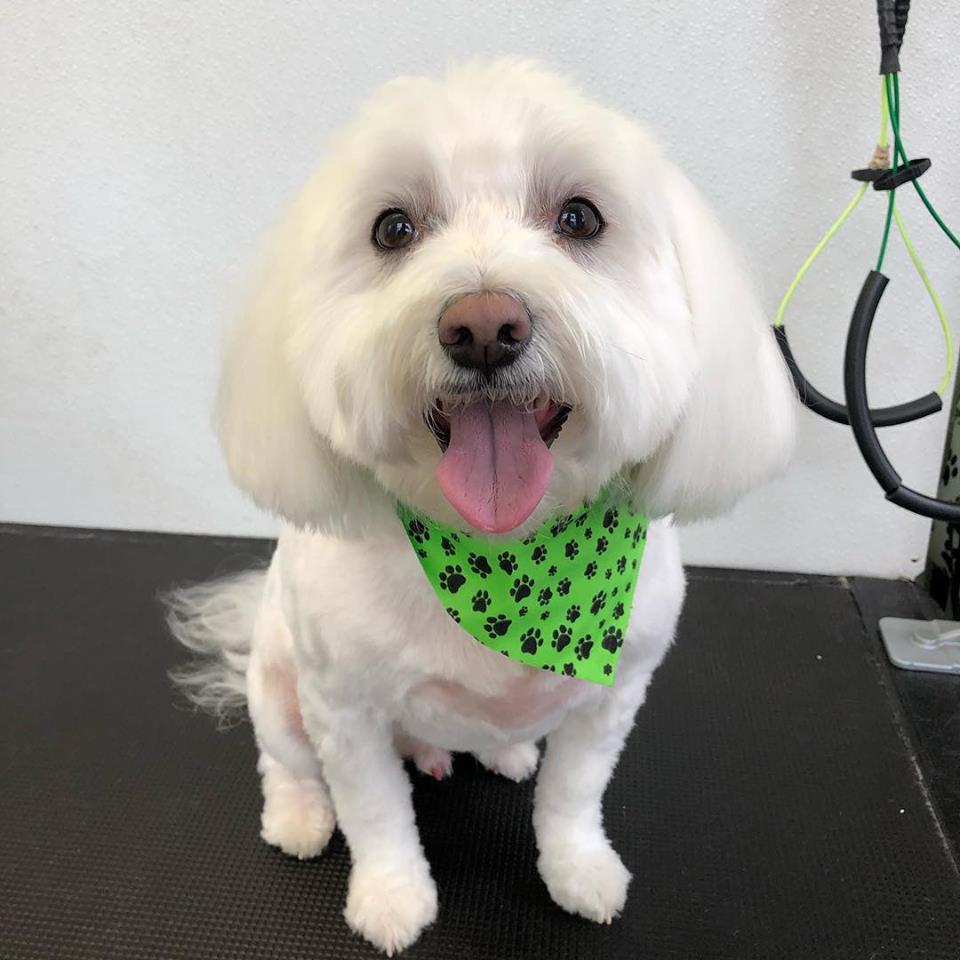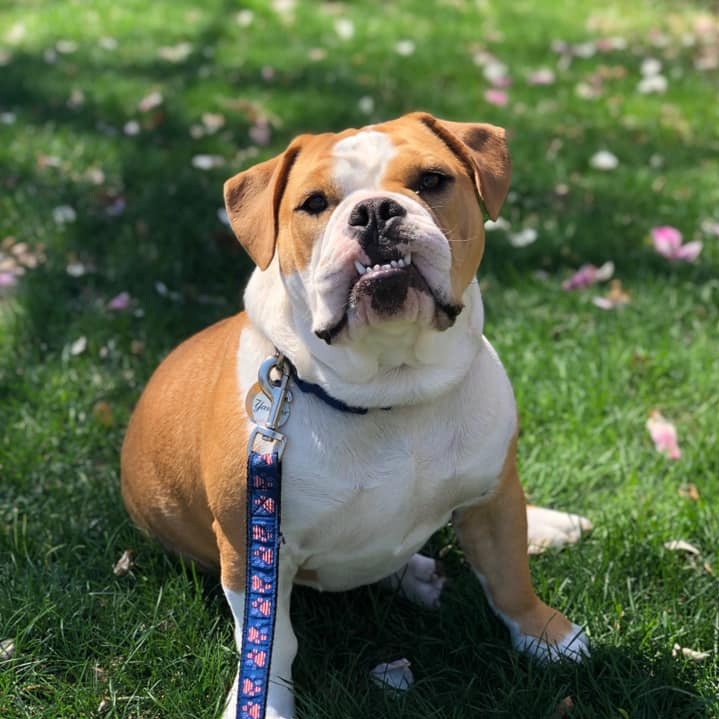Don't fear, your dog may just be reverse sneezing!
Have you ever been in the other room, folding laundry or cooking dinner, when you hear the scariest noise come out of your dog? The first time I heard it from my dog, I remember lunging into action thinking he was choking or having an asthma attack. The moment passed, my dog went back to his chew toy, and I called the vet to make an appointment. The next day I was told it was most likely a reverse sneeze.
When a dog reverse sneezes, the air is pulled forcefully in through the nose rather than pushed out, and can cause a noise that is sudden, and startling, and most most often compared to the sound of an asthma attack. Most dogs will act normal while reverse sneezing (besides the obvious noises and reverse oxygen intake), but many dogs may stand still with their front legs splayed, extend their neck out, and their eyes may bulge. These episodes can last a few seconds, or even a few minutes, and then your dog is back to its old self.
Reverse sneezing is common in small dogs and brachycephalic dogs. A brachycephalic dog is a dog that has a short nose and flat fixe, like a Pug, French Bulldog, Shih Tzus, or Chow Chow (to name a few). Because of the way these dogs airways are structurally built, they are more likely to have breathing issues such asthma, collapsed nostrils, and are more prone to heat stroke.
Remember to stay calm when your dog starts to reverse sneeze, if you react it may cause your dog to react and become upset. When my dog reverse sneezes I usually massage his chin, or will blow air gently into his nose. This can cause the spasm to stop, or will at least calm the dogs nerves. By blowing in through his nose, I’m hoping to reverse the air, and cause him to start breathing the right way again. Some people will cover their dogs nostrils briefly as well, causing the dog to swallow and breath in a regular pattern again.
These episodes can be caused by bouts of excitement, a tight collar, sudden change in temperature, pulling on the leash, or a number of environmental factors. Rarely is a reverse sneeze a cause of a larger problem, but it can be a sign of a chronic post nasal drip or nasal polyps. Go to your vet if these episodes get longer or more frequent, and try to record the episode if possible. Since you can’t make your dog reverse sneeze on demand (and who would?) it can help show the vet exactly what’s happening.




